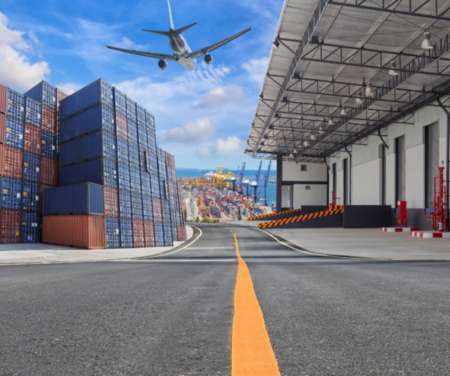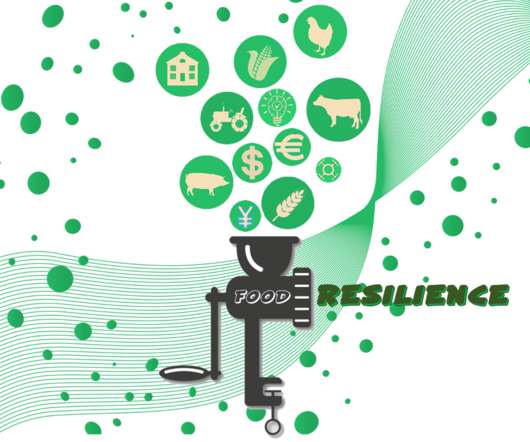Implications from the Rana Plaza Disaster (Guest Post by Brian Jacobs and Vinod Singhal)
SCM Research
MARCH 15, 2017
Today’s guest post comes from Brian Jacobs and Vinod Singhal, who present the results of their recent research on social issues in global textile supply chains. Rana Plaza, an eight-story building in Bangladesh that housed garment factories employing approximately 5000 workers, collapsed on April 24, 2013.




























Let's personalize your content